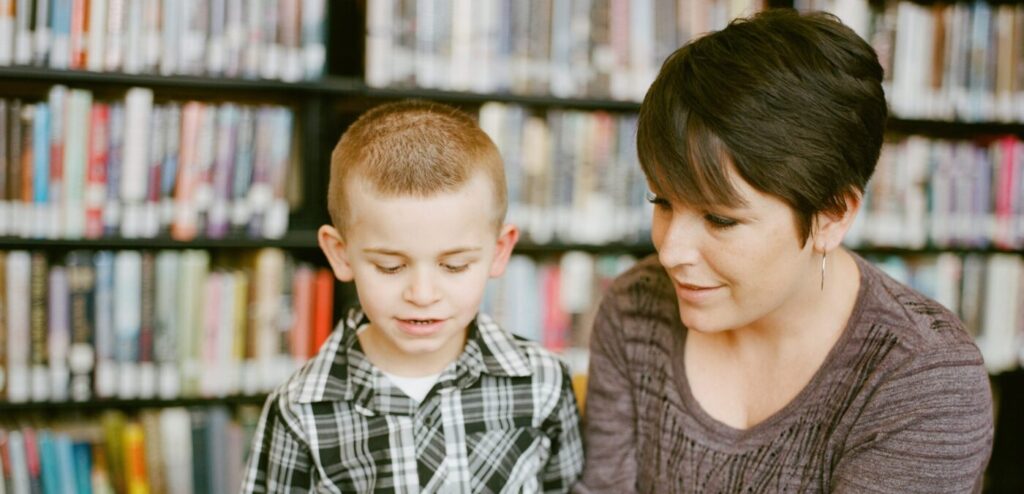If a child is autistic their development may differ in a number of ways, we explain how it may differ and what to expect.
An autistic child’s development
Autism is a complex developmental disorder that can affect many aspects of a child’s life, including communication, social interaction, sensory processing, and cognitive abilities.
Because of these differences, the development of an autistic child may differ significantly from that of a typically developing child.
Communication
Communication is often a challenge for autistic kids. Many children with autism have delayed language development, and some may not speak at all.
Others may speak in a monotone voice or have difficulty understanding sarcasm, tone of voice, and body language.
Some may also struggle with social communication, such as initiating or maintaining a conversation, using appropriate eye contact, or interpreting social cues.

Social interaction
Social interaction is another area where autistic children may struggle. They may have difficulty with social skills, such as making friends, sharing toys, or taking turns.
They may prefer solitary activities or may engage in repetitive behaviors rather than engaging in social play with others.
Autistic children may also struggle with empathy and understanding others’ emotions, which can make it difficult for them to form meaningful relationships.
Sensory issues
Sensory processing can also be a challenge for autistic children. They may be oversensitive to certain sounds, textures, or smells, or may seek out sensory input by spinning, rocking, or flapping their hands.
These sensory differences can impact their daily lives and make certain environments or activities overwhelming or uncomfortable.
Repetitive Behaviours
Repetitive behaviours are also common in autistic children. These behaviors may include lining up toys, repeating words or phrases, or engaging in self-stimulatory behaviours such as hand-flapping or rocking.
These behaviours can serve a calming or regulatory function for some autistic children, but may interfere with social interaction or other activities.
Cognitive ability
Cognitive abilities can also vary among autistic children. Some may have strengths in areas such as math, music, or visual-spatial skills, while others may struggle with skills such as reading comprehension or abstract thinking.
Some autistic children may have intellectual disabilities, while others may have average or above-average intelligence.
Summary – How might development differ for an autistic child
It’s important to remember that every autistic child is unique, and their development will depend on a range of factors, including their age, individual strengths and challenges, and the support and interventions they receive.
With appropriate interventions and support, autistic children can make progress and achieve their full potential.
This may include therapies such as speech and language therapy, occupational therapy, or applied behavior analysis, as well as accommodations and modifications in the classroom or other settings.

